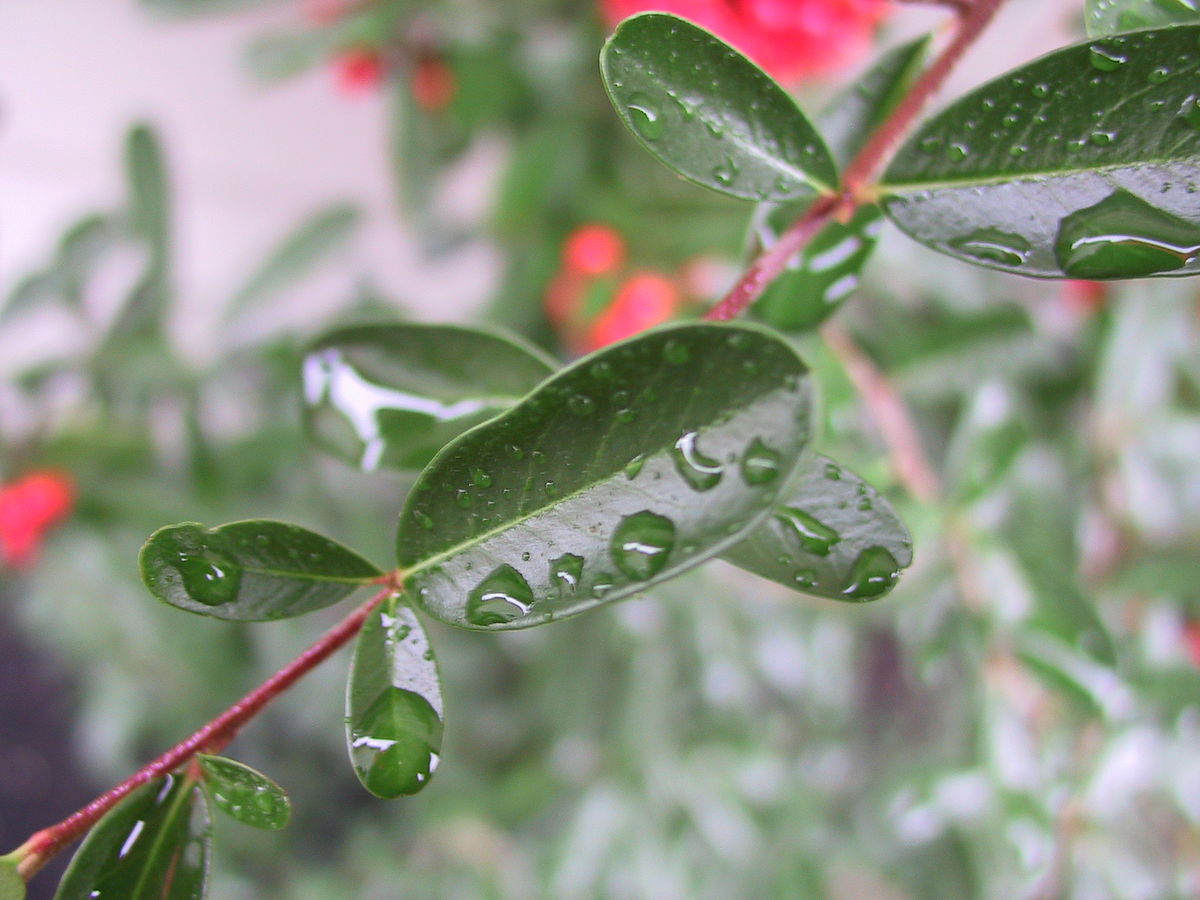
Sarah Dry wins grant for book on the history of our understanding of climate and water.
I want to show how specific settings have been critical to the formulation of ideas concerning the entire planet and how individuals, some self-consciously heroic, others unapologetically desk-bound, have contributed to the creation of a global science of climate.
Sarah Dry
A Gates Cambridge Alumna has been awarded a prestigious National Endowment for the Humanities Public Scholar grant to support the research and writing of a book on climate and water.
Sarah Dry has been awarded $50,400 for her book titled The Circulation of Our World: Scientists and the Quest to Understand the Waters of the Globe.
Spanning meteorology, oceanography, atmospheric sciences and glaciology, the book tells the history of our global understanding of climate and water. "Each chapter is anchored by a location as well as an individual and an instrument," says Dry, "such as a glacier in Switzerland, a patch of countryside in North Yorkshire, a back garden in Copenhagen, a desk in Simla, India, a tiny Pacific island, a pier on a Scottish loch or a swirling piece of ocean hundreds of kilometres off the coast of the Canary Islands. I use this structure to show how specific settings have been critical to the formulation of ideas concerning the entire planet. Similarly, I show how individuals, some self-consciously heroic, others unapologetically desk-bound, have contributed to the creation of a global science of climate."
Sarah [2013], who did a PhD in the History and Philosophy of Science, has previously published a book called The Newton Papers: The Strange and True Odyssey of Isaac Newton’s Manuscripts which was described by Nature magazine as "a fresh and readable chronicle of the tortuous route that Newton's manuscript took to being made public" and by Times Higher Education as "a riveting, beautifully written story".
The aim of the 36 grants which were announced in July is to enable the publication of 36 (repetition) nonfiction books that "will bring important humanities scholarship into book clubs and onto best-seller lists". They are the first awards made under NEH’s new Public Scholar grant programme, which was created in December 2014 as part of The Common Good: The Humanities in the Public Square, an agency-wide initiative that seeks to bring humanities into the public square and foster innovative ways to make scholarship relevant to contemporary life. The NEH says the Public Scholar awards "support books that use deep research to open up important or appealing subjects for wider audiences by presenting significant humanities topics in a way that is accessible to general readers".
“NEH Public Scholar books will make important and exciting discoveries in fields such as history, literature, linguistics, and archaeology accessible to readers everywhere, and serve as an example of how humanities scholarship can benefit the common good,” said NEH Chairman William Adams.
The grant programme offers a stipend of $4,200 per month for a period of six to twelve months (with a maximum of $50,400 for a twelve-month period) to researchers, independent scholars, and individuals associated with scholarly institutions. For the first round of the competition, applicants were required to have previously published a book with a university or commercial press, or articles and essays that reached a wide readership. Created in 1965 as an independent federal agency, the National Endowment for the Humanities supports research and learning in history, literature, philosophy, and other areas of the humanities by funding selected, peer-reviewed proposals from around the US.
*Picture credit: "Rain on a pyracantha leaf" by Kris Miller from Issaquah – Flickr. Licensed under CC BY 2.0 via Wikimedia Commons.

Sarah Dry
- Alumni
- United States
- 2003 PhD History & Philosophy of Science
- St John's College
I am currently working as a writer and historian of science. I am working part-time as a researcher on the Leverhulme-funded Making Climate History project based at Cambridge, where I am researching the history of climate science in the period 1965-1988. I am also working on a book on the history of computer models and the quest to save the planet. I am the author of Waters of the World (Chicago/Scribe, 2019), a history of climate science in six lives; and The Newton Papers (OUP, 2014), a history of Newton's private manuscripts. From 2016-2021 I was a trustee of the Science Museum Group. I am currently on the board of The Oxford Trust.












